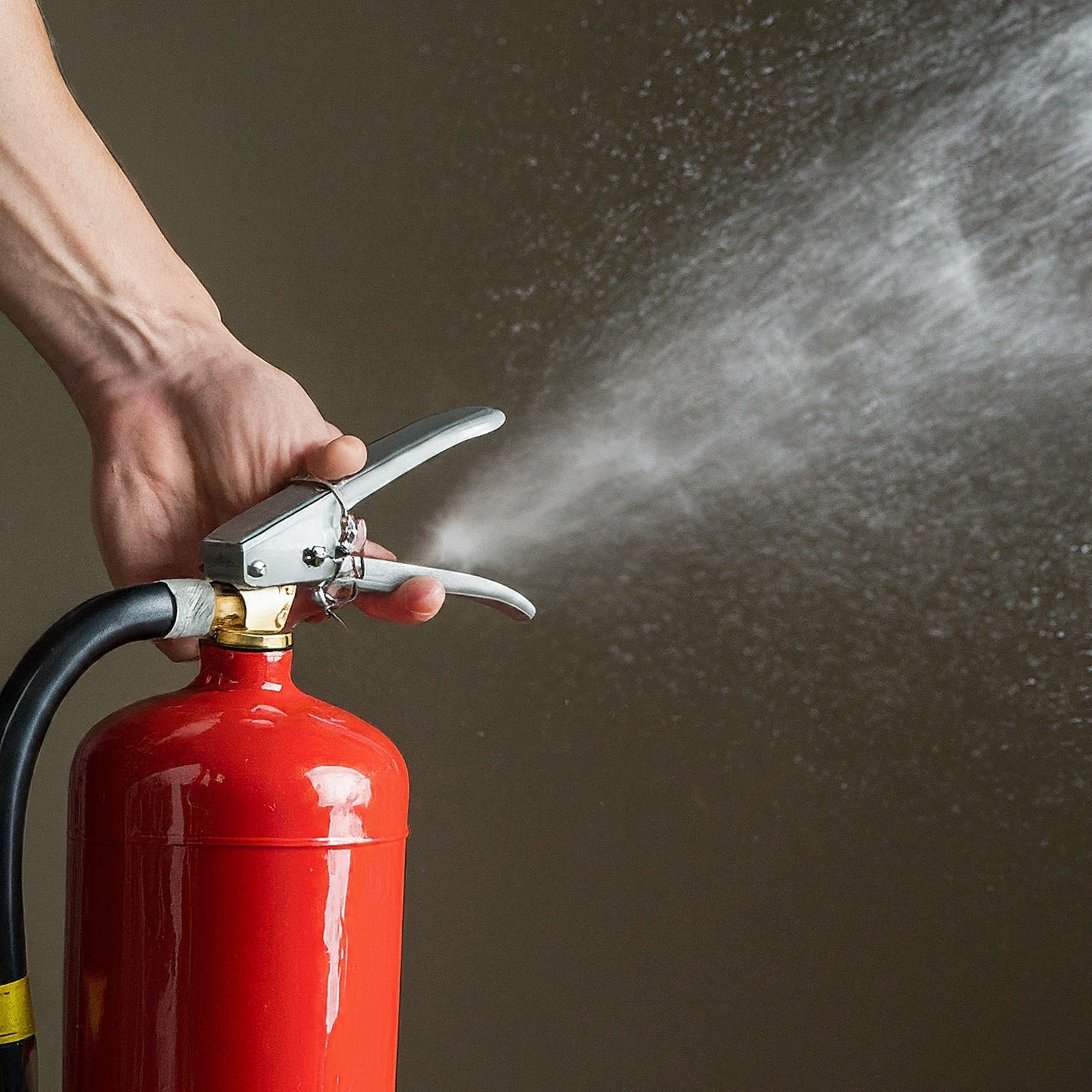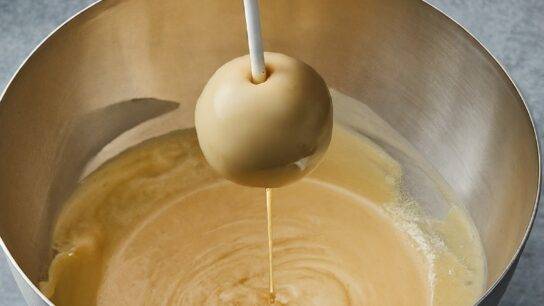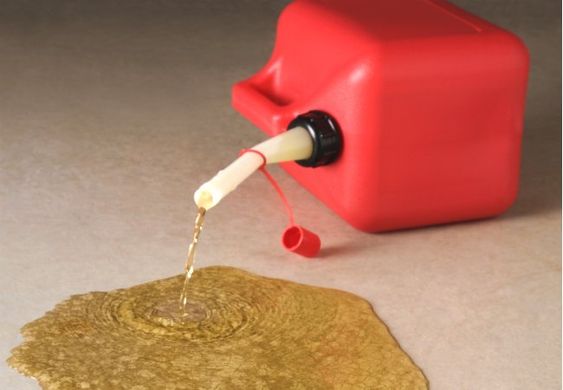

Table of Contents
When it comes to cooking and preparing meals, we often think of a variety of ingredients: spices, herbs, meats, vegetables, and cooking oils. But sometimes, unconventional questions arise, such as “can I use gasoline in recipe?” This question might sound absurd or even dangerous to many, but it does pop up in some curious minds. This article aims to thoroughly explore this query, delving into the reasons why it is not advisable to use gasoline in recipes, what alternatives exist, and how to maintain safety in the kitchen.
Understanding Gasoline
Before tackling the question “can I use gasoline in recipe,” it’s essential to understand what gasoline is. Gasoline, also known as petrol, is a volatile, flammable liquid derived from petroleum. It is primarily used as a fuel in internal combustion engines. The composition of gasoline includes a mixture of hydrocarbons and additives designed to enhance engine performance and reduce emissions.
The Chemical Composition
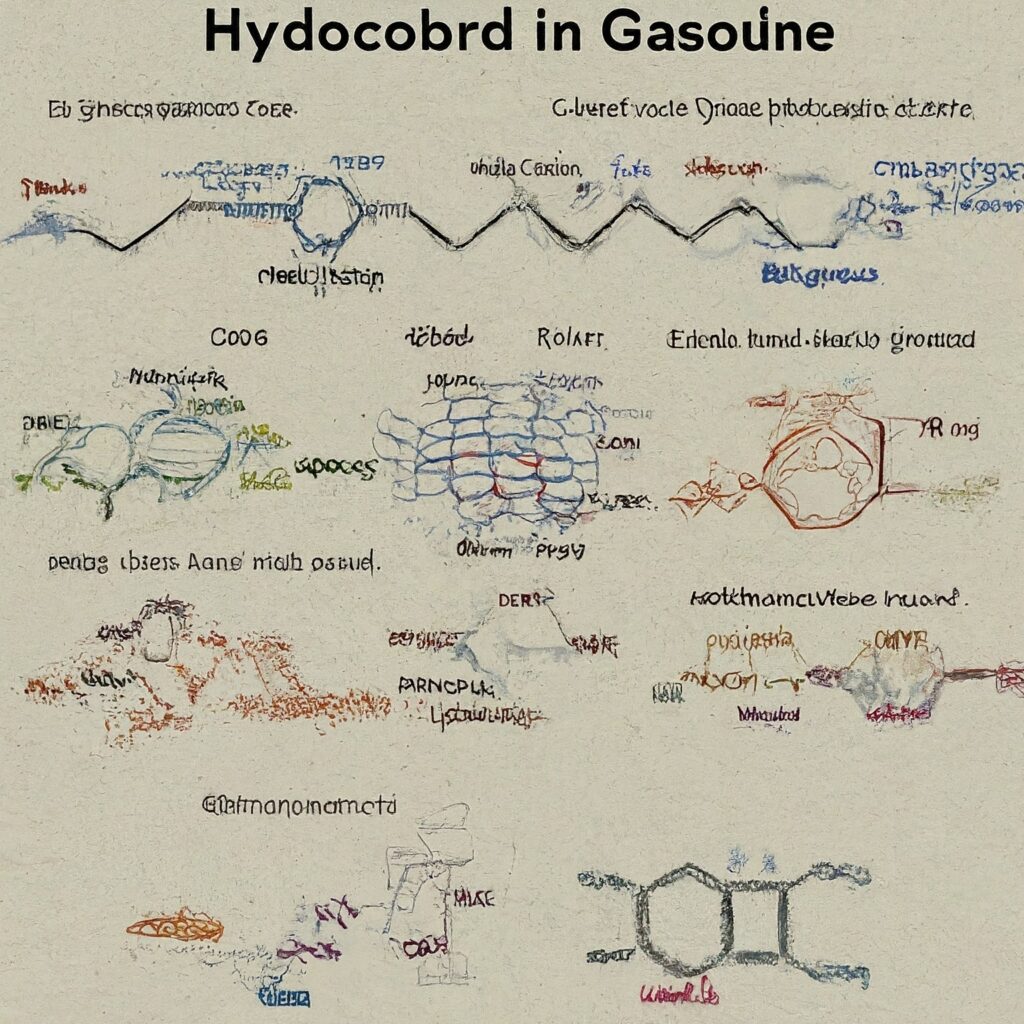

Gasoline contains various compounds such as benzene, toluene, and xylene, which are harmful to human health. These chemicals can cause severe health issues if ingested, inhaled, or even absorbed through the skin. The idea of using gasoline in a recipe is not only unconventional but also extremely hazardous.
The Dangers of Using Gasoline in Cooking
Health Risks
One of the most significant concerns when contemplating “can I use gasoline in recipe” is the potential health risks. Gasoline is toxic and can cause a range of health problems, including:
- Respiratory Issues: Inhaling gasoline fumes can lead to respiratory distress, chronic bronchitis, and other lung-related conditions.
- Neurological Effects: Exposure to gasoline can affect the nervous system, causing symptoms like dizziness, headaches, and confusion.
- Kidney and Liver Damage: Prolonged exposure to gasoline can result in kidney and liver damage.
- Cancer: Some components of gasoline, such as benzene, are known carcinogens, meaning they can increase the risk of cancer.
Fire Hazard
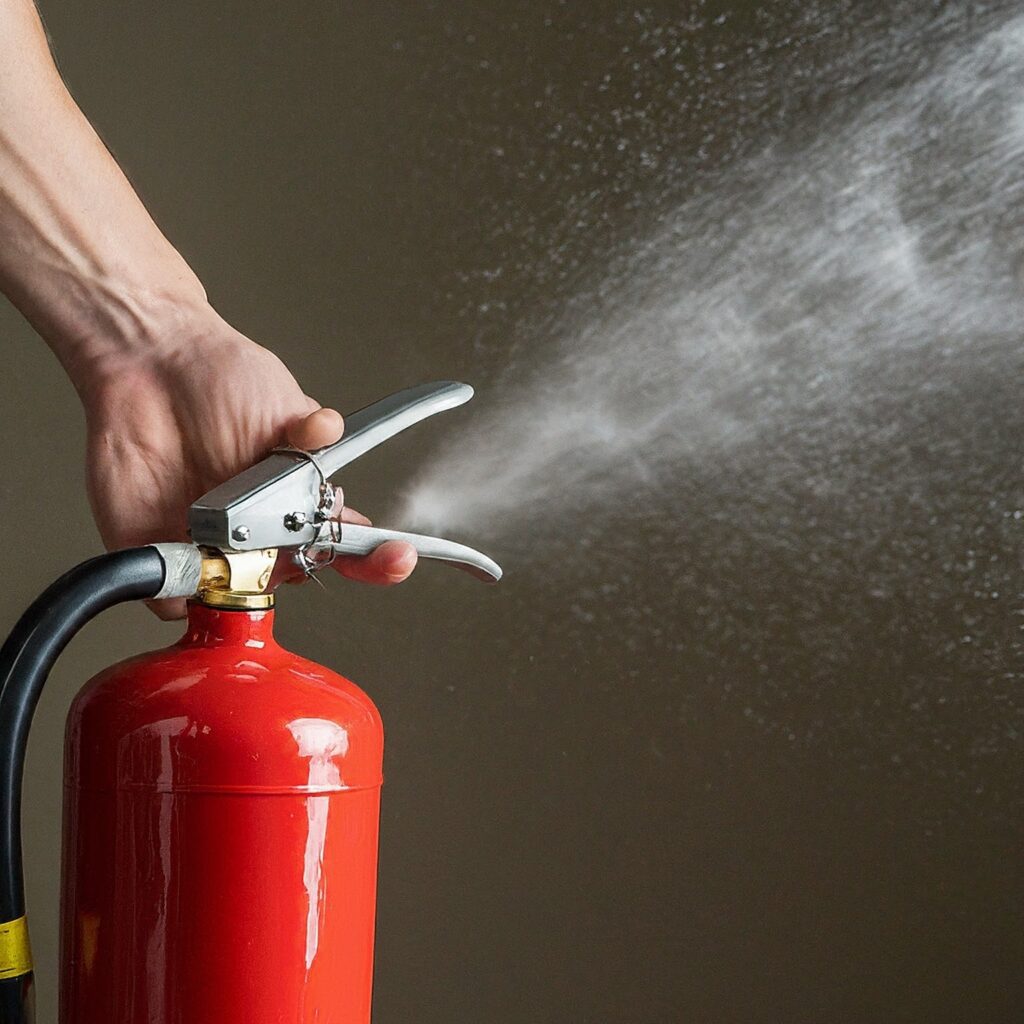

Another crucial aspect to consider when pondering “can I use gasoline in recipe” is the fire hazard. Gasoline is highly flammable and can ignite easily, leading to potentially catastrophic fires and explosions. Using gasoline in the kitchen, where open flames and heat sources are prevalent, significantly increases the risk of fire accidents.
Environmental Impact
Using gasoline in cooking would not only pose risks to human health but also to the environment. Gasoline spills and fumes contribute to air and water pollution, causing harm to wildlife and ecosystems.
Common Cooking Fuels
While the question “can I use gasoline in recipe” is a valid one for the sake of curiosity, there are numerous safe and effective cooking fuels available. Here are some common alternatives:
Cooking Oils
Cooking oils are a staple in many kitchens, providing a safe and effective medium for frying, sautéing, and baking. Some popular cooking oils include:
- Olive Oil: Rich in healthy fats and antioxidants, olive oil is ideal for sautéing and dressings.
- Canola Oil: With a high smoke point, canola oil is suitable for frying and baking.
- Coconut Oil: Known for its unique flavor and health benefits, coconut oil is excellent for baking and tropical dishes.
Propane and Butane
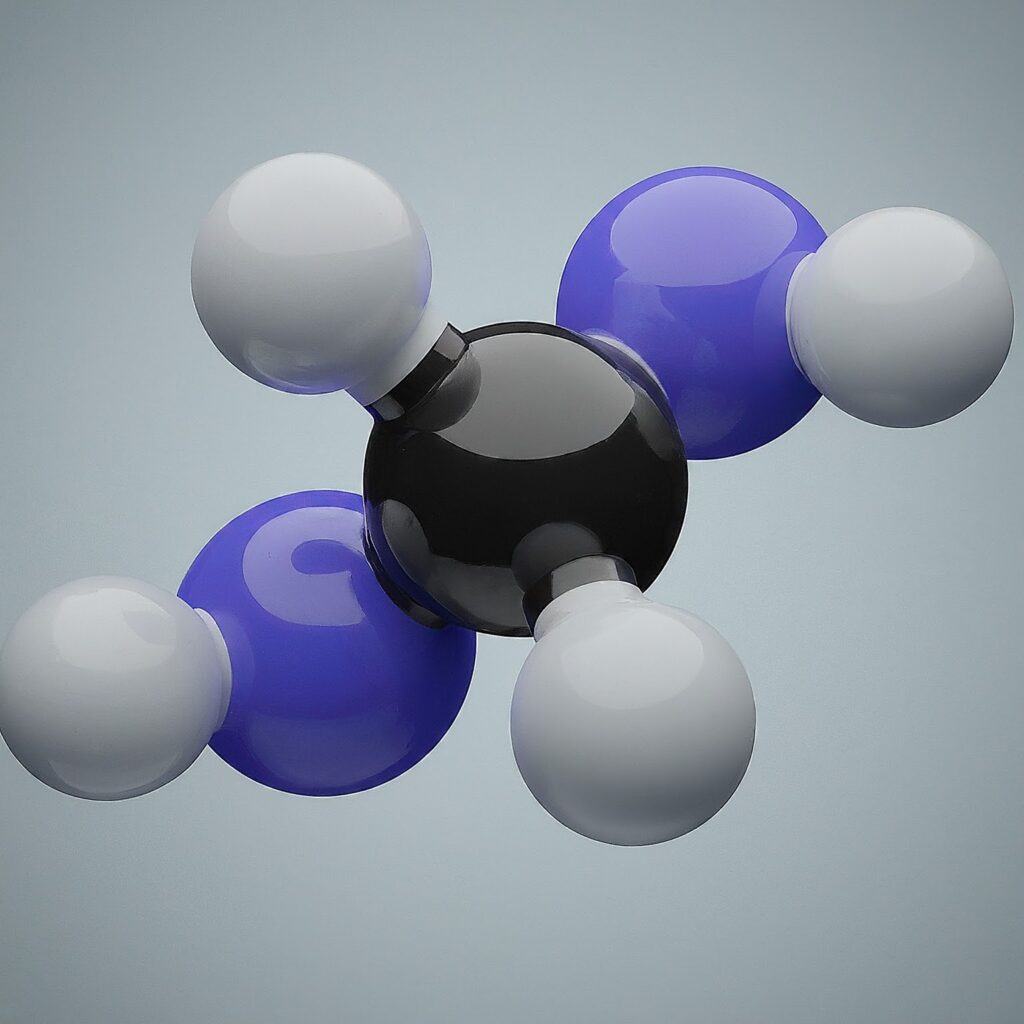

For outdoor cooking and grilling, propane and butane are widely used. These fuels are safe when handled correctly and provide consistent heat for cooking.
Natural Gas
Many modern kitchens are equipped with natural gas stoves. Natural gas is a convenient and efficient fuel source for cooking, offering precise temperature control.
Charcoal
Charcoal is another popular fuel for grilling, imparting a distinct smoky flavor to food. It is essential to use food-grade charcoal and ensure proper ventilation when grilling.
Safe Practices in the Kitchen
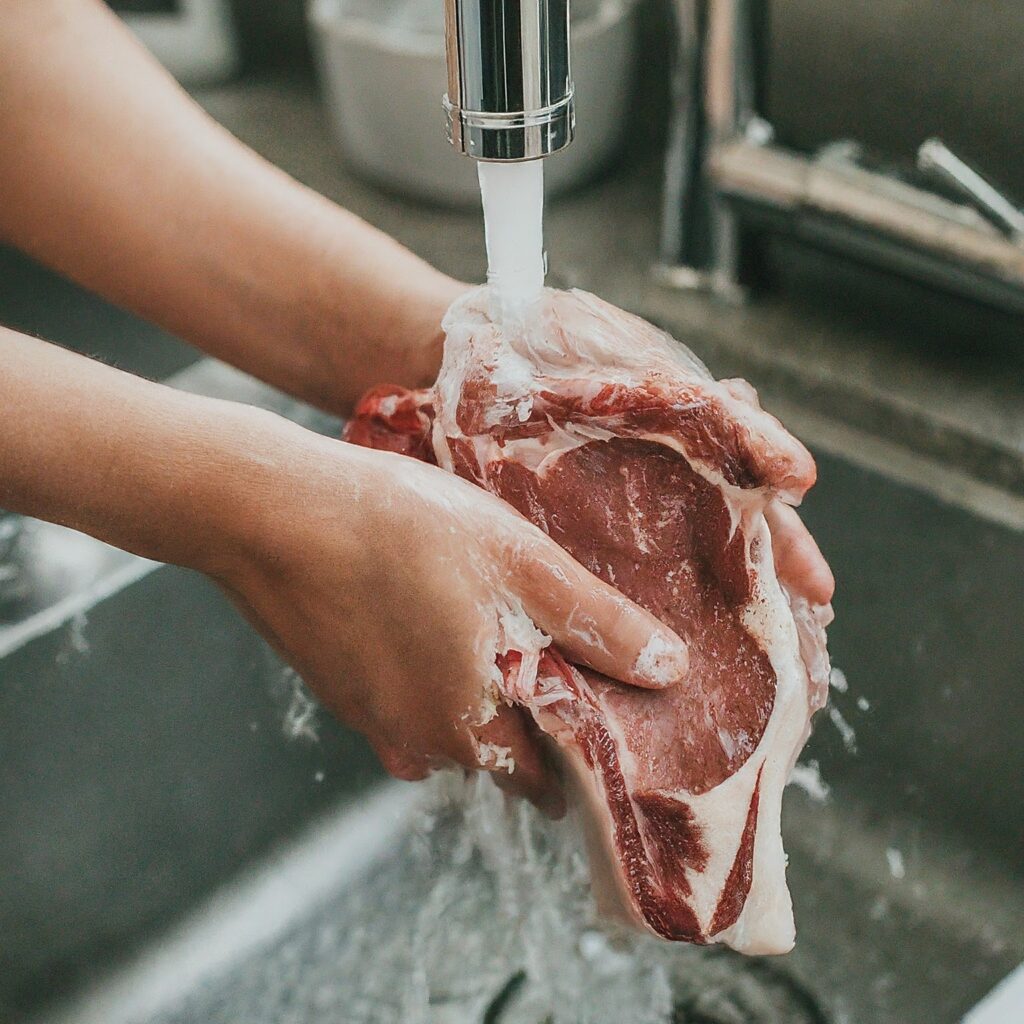

While exploring the question “can I use gasoline in recipe,” it is crucial to emphasize safe practices in the kitchen. Here are some tips to ensure safety while cooking:
Proper Storage
Store all cooking fuels and oils in a cool, dry place away from heat sources and open flames. Ensure that containers are tightly sealed to prevent spills and leaks.
Ventilation
Adequate ventilation is essential when using any cooking fuel. Ensure that your kitchen is well-ventilated to prevent the buildup of fumes and reduce the risk of fire.
Fire Safety
Always have a fire extinguisher in the kitchen and know how to use it. In the event of a fire, avoid using water to extinguish it, as this can spread the flames. Instead, use a fire extinguisher or a fire blanket.
Education and Awareness
Educate yourself and others in your household about the dangers of using inappropriate fuels like gasoline in cooking. Awareness is key to preventing accidents and ensuring a safe cooking environment.
Historical Context
It’s worth noting that the idea of using unconventional fuels in cooking isn’t entirely new. Throughout history, various cultures have experimented with different fuel sources. For example, in ancient times, animal fats and plant oils were commonly used for cooking and lighting.
However, the question “can I use gasoline in recipe” is a modern one, likely stemming from the widespread availability and use of gasoline in our daily lives. Despite its prevalence, gasoline remains a hazardous substance unsuitable for culinary purposes.
Expert Opinions
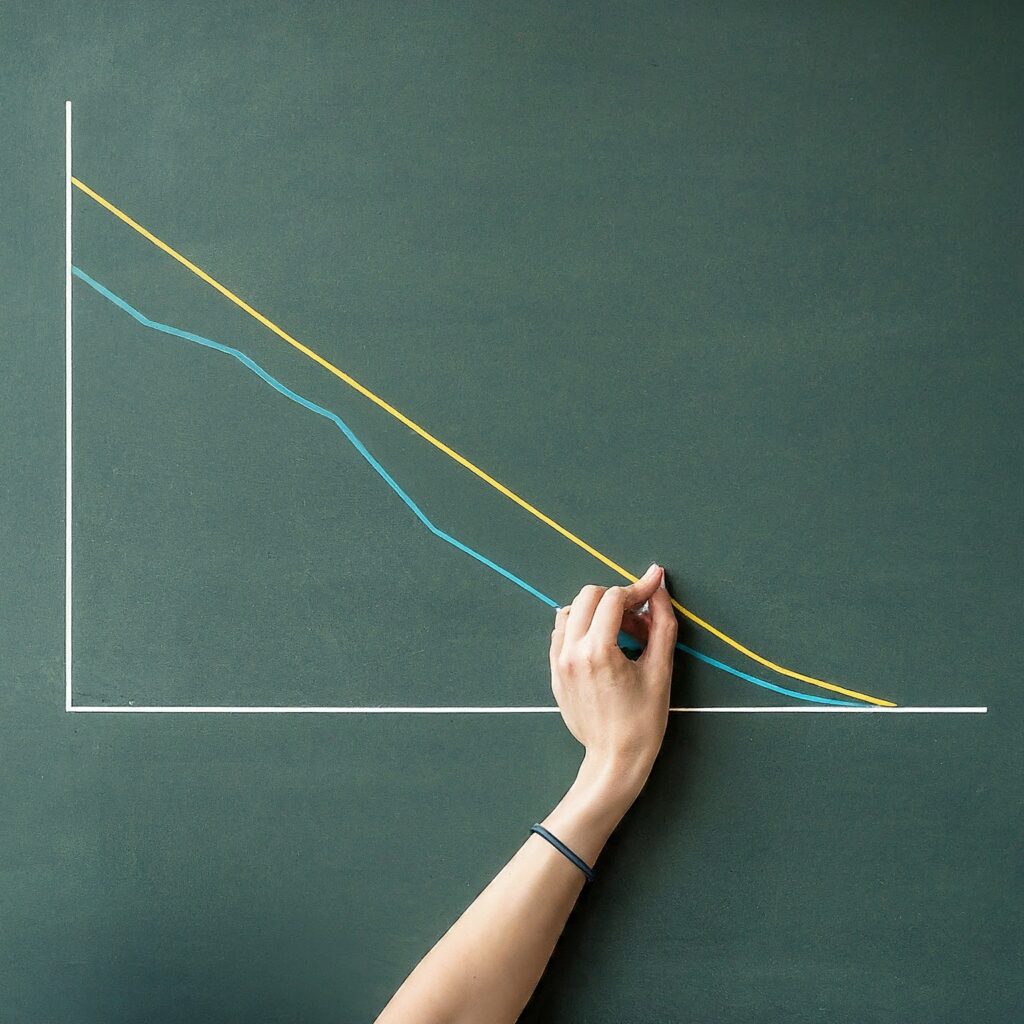

To further explore the question “can I use gasoline in recipe,” we reached out to experts in the fields of chemistry, medicine, and culinary arts. Here’s what they had to say:
Chemist’s Perspective
Dr. Emily Johnson, a chemist specializing in toxicology, states, “Gasoline is composed of numerous toxic compounds that pose significant health risks if ingested or inhaled. The idea of using gasoline in cooking is extremely dangerous and should be avoided at all costs.”
Medical Expert’s View
Dr. James Smith, a medical doctor, emphasizes the health risks associated with gasoline exposure. “Ingesting or inhaling gasoline can lead to severe health issues, including respiratory distress, neurological effects, and even cancer. It is crucial to keep gasoline away from food and cooking areas.”
Chef’s Advice
Chef Laura Martinez, a professional chef with over 20 years of experience, advises against using gasoline in cooking. “There are so many safe and effective cooking fuels available, from oils to natural gas. Using gasoline is not only hazardous but also unnecessary. Stick to approved cooking fuels to ensure safety and delicious results.”
Conclusion
In conclusion, the question “can I use gasoline in recipe” is one that should not be taken lightly. Gasoline is a toxic, flammable substance that poses significant health risks, fire hazards, and environmental concerns. It is not suitable for cooking or any culinary use.
Instead, opt for safe and approved cooking fuels such as cooking oils, propane, butane, natural gas, and charcoal. By following proper storage, ventilation, and fire safety practices, you can ensure a safe and enjoyable cooking experience.
Remember, safety in the kitchen is paramount. Always prioritize the use of appropriate ingredients and fuels, and educate yourself and others about the dangers of using hazardous substances like gasoline in cooking.
For more information on safe cooking practices and fuel alternatives, visit the following external resources:
- Centers for Disease Control and Prevention (CDC) – Food Safety
- National Fire Protection Association (NFPA) – Cooking Safety
- American Oil Chemists’ Society (AOCS) – Cooking Oils
Stay safe, and happy cooking!

